Insights
News about faculty and their research
On this page:
Securing the Arctic: Research receives multiyear grant from Department of Homeland Security

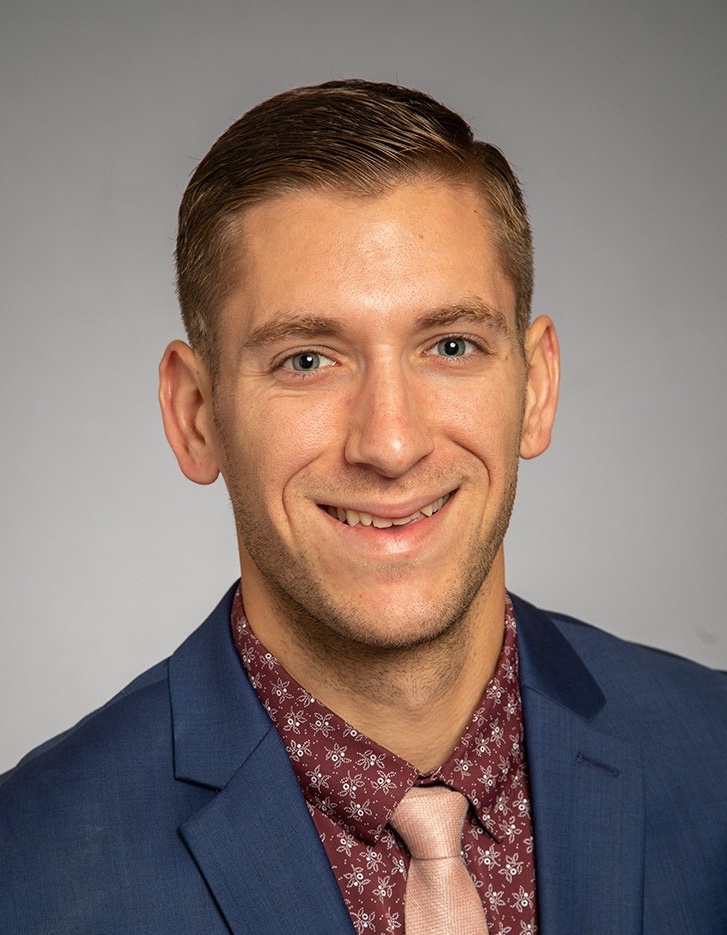
Hunt
Kyle Hunt, assistant professor of management science and systems, was selected to be part of the launch of a Department of Homeland Security Science and Technology Directorate initiative to address critical security issues in the Arctic.
Through the ADAC-ARCTIC Center of Excellence, a consortium of academic, industry, government, laboratory and local and indigenous community partners will provide access to rigorous research and education resources for DHS, and broader homeland security stakeholders.
“With the changing ecosystem in the Arctic increasing risk to operational missions and the narrowest distance between mainland Alaska and mainland Russia only about 55 miles, this initiative will leverage the expertise within the nation’s colleges and universities to help meet homeland security needs,” says Hunt.
Hunt’s project, titled “Assessing and Mitigating Risks in the Arctic: A Multi-Stakeholder Framework,” will use mathematical techniques to determine the best way for stakeholders to collaborate and share resources in an effort to secure the U.S. Arctic from natural disasters and foreign adversaries. The project has secured initial funding of $200,000 per year for two years.
The DHS Science and Technology Directorate will provide ADAC-ARCTIC with $46 million over 10 years, supporting a research portfolio to develop multidisciplinary solutions focused on natural and man-made disasters, ice melt and communications infrastructure.
Undergraduate and graduate students from the School of Management will join Hunt and collaborator Jun Zhuang, Morton C. Frank Professor of Industrial and Systems Engineering in the UB School of Engineering and Applied Sciences.
The power of reflecting on legacy

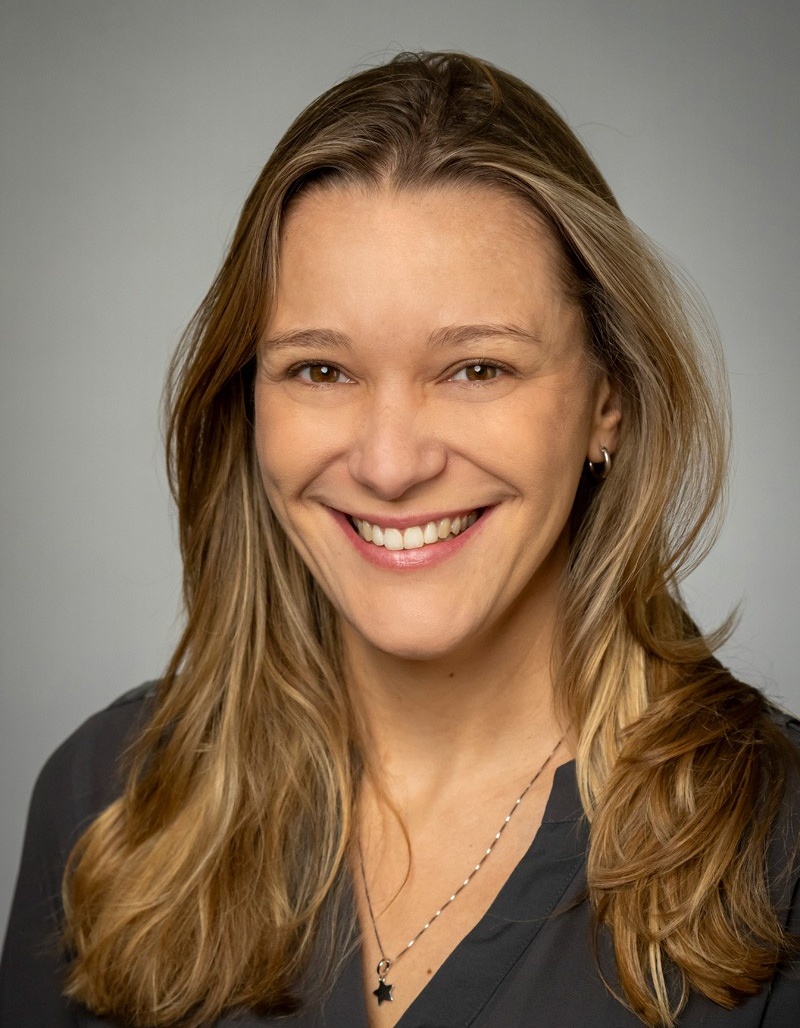
Goya-Tocchetto
Prompting people to consider how their lives will impact future generations leads them to give more to charity and less to family members, according to new School of Management research.
Published in Social Psychological and Personality Science, the study finds evidence for the “Andrew Carnegie Effect,” a phenomenon named after one of the wealthiest Americans in history, who donated more than 90% of his fortune to charity — about $65 billion in total.
“Addressing socioeconomic issues like sustainability and intergenerational responsibility requires collective solutions and longer time frames,” says study co-author Daniela Goya-Tocchetto, assistant professor of organization and human resources. “That’s why it’s critical to find ways to motivate people to act on behalf of future generations, extending their goodwill beyond the borders of close relationships.”
The researchers conducted four studies in which nearly 3,700 participants were asked to consider their legacy via a simple reflection task. Legacy motives were measured through self-reported responses to items like “I want to have a lasting impact on future generations.”
Goya-Tocchetto says that while their findings show the Andrew Carnegie Effect has a small to medium impact on individual giving, it can make a big difference when magnified to the larger population.
“As Carnegie famously stated, ‘The man who dies rich, dies disgraced’,” she says. “We all want to leave something behind to outlive ourselves, and by broadening our sense of sense of responsibility and beneficiaries beyond just our immediate families, we can support efforts that address broader, global issues.”
When newspapers close, nonprofit executive salaries go up — way up
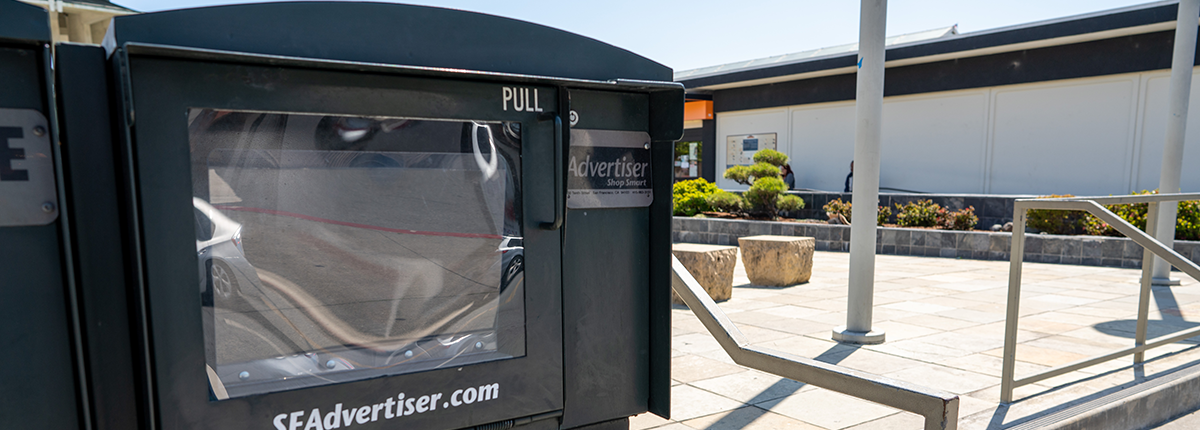
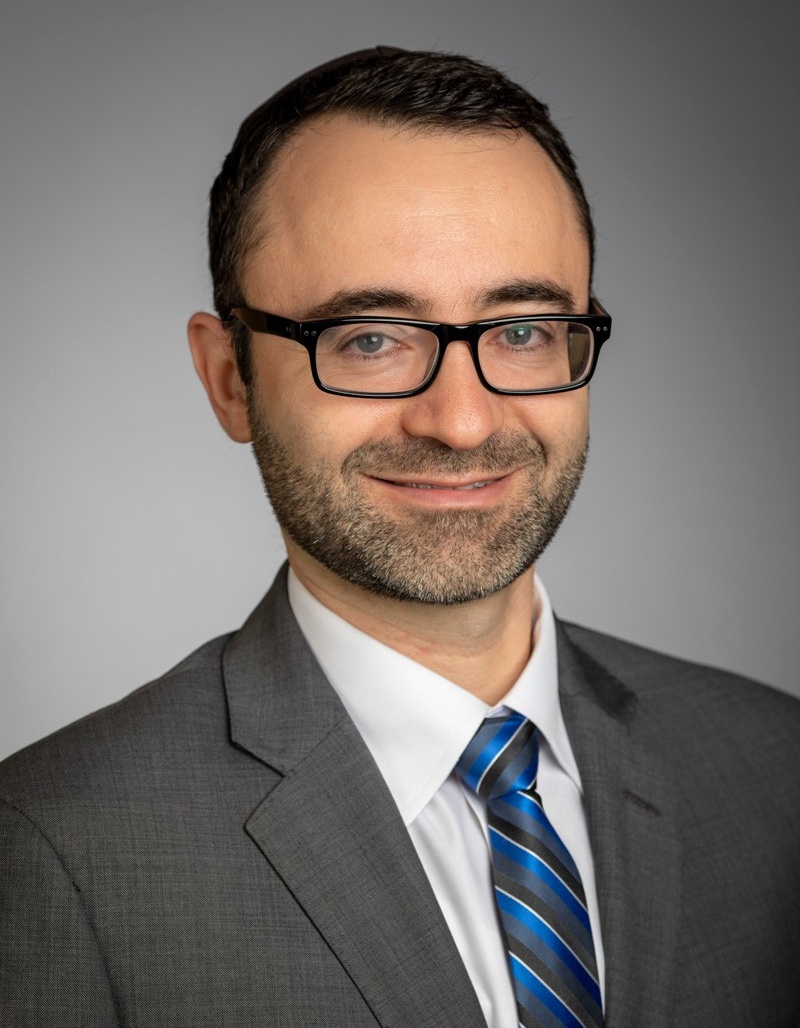
Khavis
Local newspapers — key to keeping residents informed about civic affairs — keep nonprofit leadership salaries in check with the threat of negative press, according to new School of Management research.
Published in the Journal of Accounting and Public Policy, the study found that when a newspaper goes out of business, total executive compensation at local nonprofits goes up by more than $38,000 on average — an increase of nearly 32%.
“Donors and volunteers expect their contributions to go to the execution of the nonprofits’ mission, rather than leadership salaries, so unreasonably high compensation represents a serious problem,” says study co-author Joshua Khavis, assistant professor of accounting and law. “Newspaper closures exacerbate problems, particularly when organizations lack internal governance and auditing.”
To analyze the relationship between local newspaper closures and nonprofit executive compensation, the researchers ran a series of tests using financial information of nonprofits from 2008 to 2017 obtained from the IRS, as well as local newspaper closure data from previous research studies and from the University of North Carolina’s Center for Innovation and Sustainability in Local Media.
Their findings show that nonprofit executive spending increases the same year a local newspaper closes, and that persists over the next three years. They also observed a decline in residual cash and donations but did not find any changes in program spending or long-term investments, suggesting that the increased compensation is not due to increased performance, but rather the loss of the monitoring newspaper.
“We found declines in both endowments and donor contributions at nonprofits after a local paper closes,” says Khavis. “This suggests that the executives’ pay increases are funded by spending down endowments, and that donors react to the loss of external monitoring by withholding their donations.”
Integrating AI in the classroom

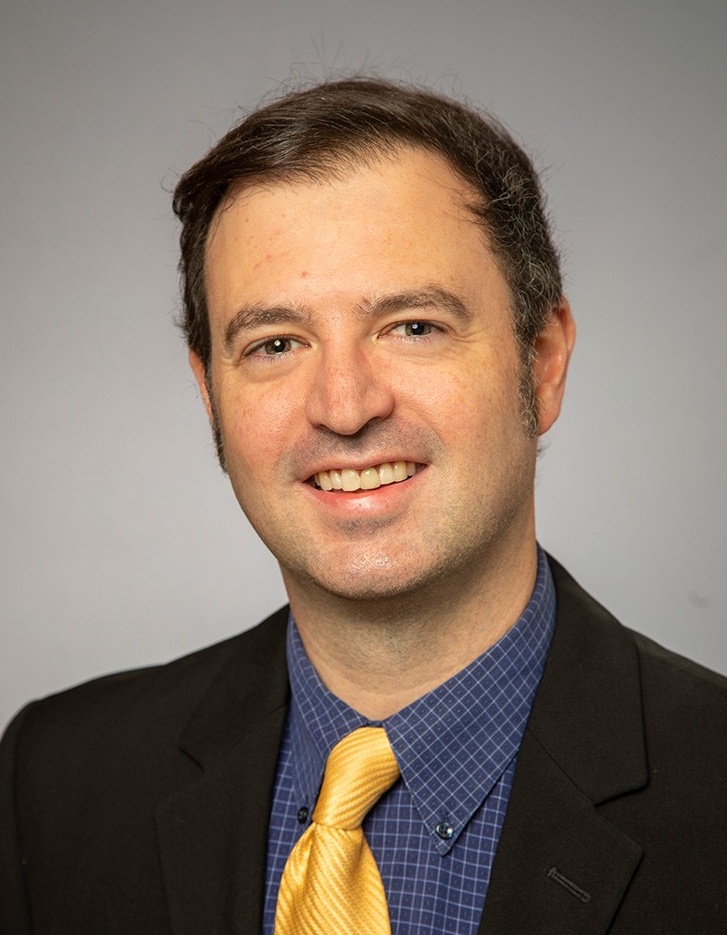
Cleary
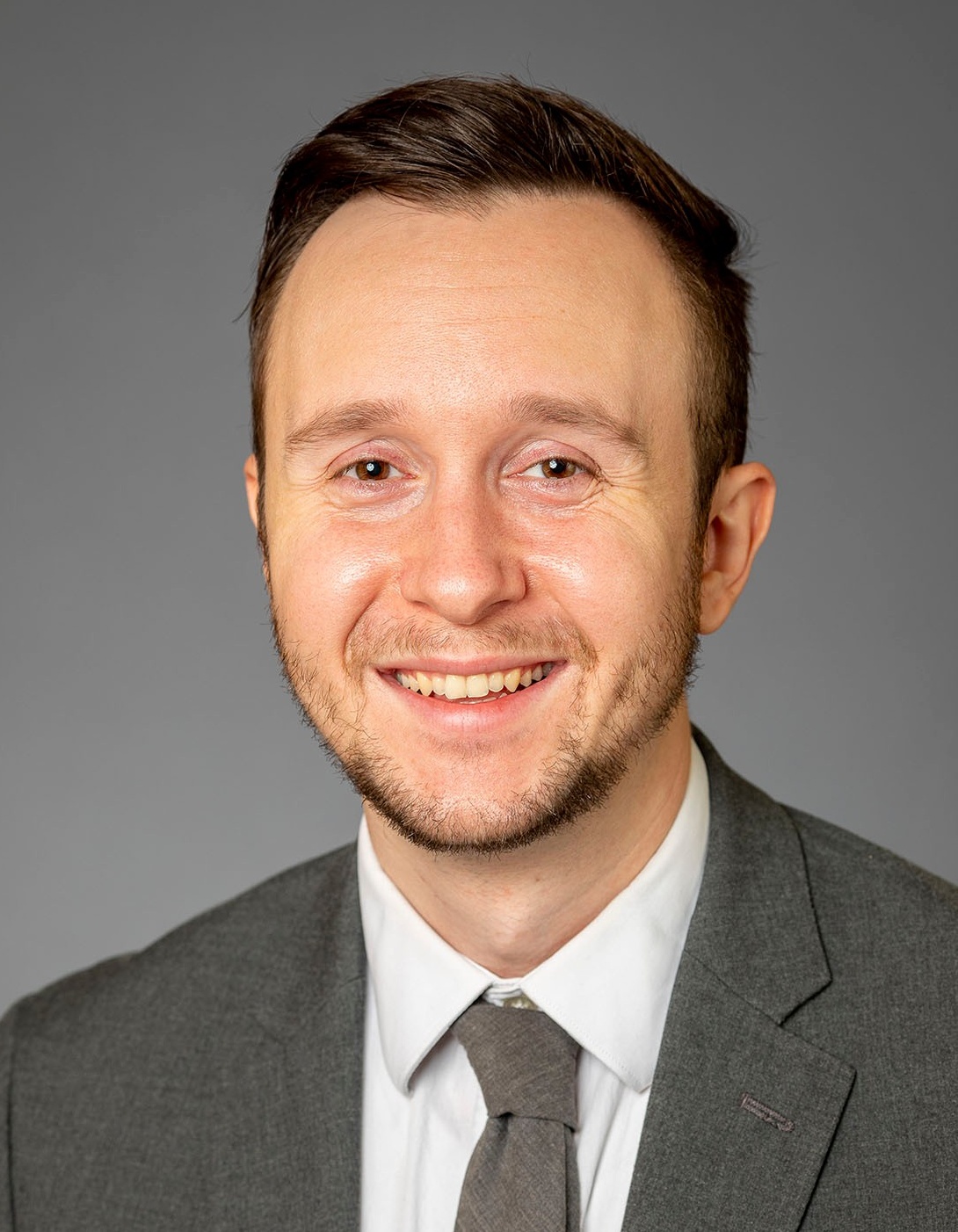
Sellitto
Two School of Management projects received seed grant funding from the Office of the Vice Provost for Academic Affairs to integrate generative AI in the classroom.
Focusing on AI literacy that has already been incorporated into coursework for students in the B.S. in Information Technology and Management program, Kevin Cleary, clinical assistant professor of management science and systems, is leading a project titled Visualizing the Guts of Generative Pre-Transforms and Large Language Models.
Dominic Sellitto, clinical assistant professor of management science and systems, is leading a project titled EASE (Educational AI Support for Everyone) using local AI open source platforms to build guided tools for students, faculty and staff.
Abusive leadership leads to exhausted employees


Tu
Organizations should strive to protect employees from abusive supervisors, but for employees who experience this intense workplace stress, new School of Management research offers insight and coping strategies.
Published in the Journal of Organizational Behavior, the study examines whether employees can recover from supervisory abuse during leisure time, and if individual personality traits impact the restoration process.
“Victims of abusive supervision experience increased emotional exhaustion, job stress, negative emotions, and physical symptoms like pain, weakness, fatigue and shortness of breath,” says study co-author Min-Hsuan Tu, assistant professor of organization and human resources. “Our study clarifies why and under what conditions abused employees engage in certain activities to recover after work.”
The researchers analyzed more than 1,500 daily responses over ten consecutive working days from 203 full-time employees in Taiwan to measure employee perception of nonphysical aggression from a boss or manager, such as humiliating or threatening subordinates or taking credit for their work.
They also measured whether employees felt an urgent need to take a break from job demands; which leisure activities increased happiness; levels of enthusiasm and optimism the following day; and whether extroverted personality traits affected this process.
The data supports the recovery paradox phenomenon: When employees need to recover from abuse, they are too exhausted or depleted to proactively engage in beneficial recovery activities, such as social or physical activity.
“Our findings indicate that introverts, in particular, are able to recover effectively by participating in leisure activities that demand minimal energy, such as reading a book, watching television or relaxing on the couch,” says Tu.






